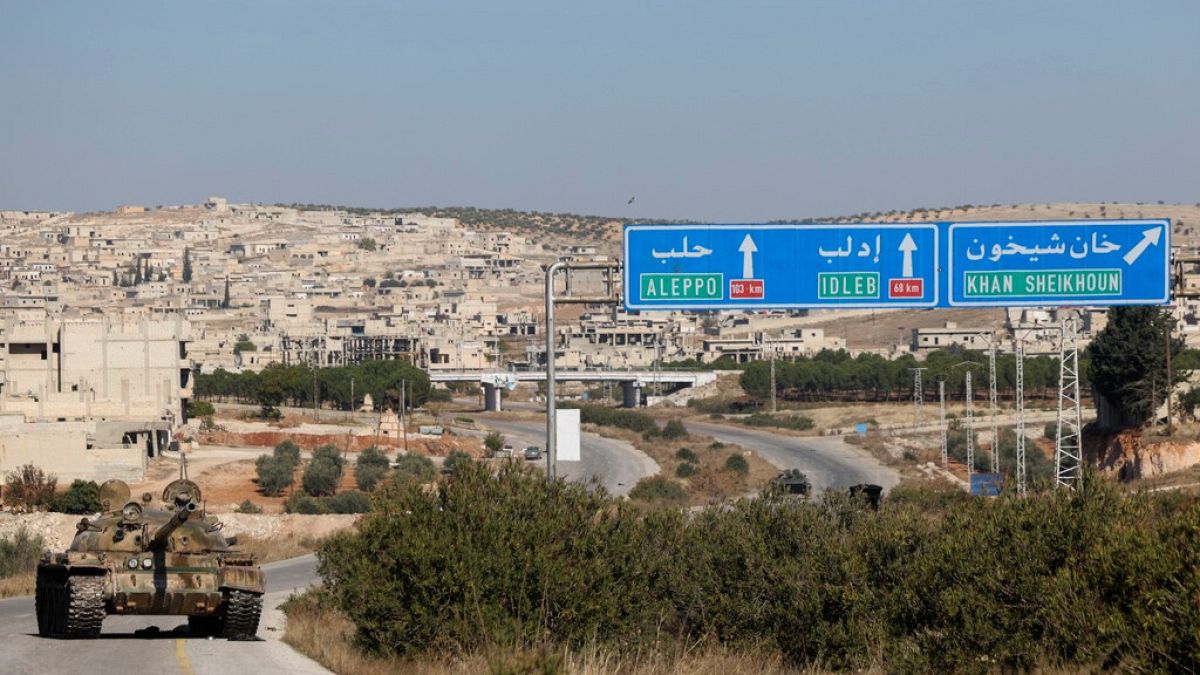
The US, Germany, France and the United Kingdom issued a joint statement on Sunday calling for the de-escalation of violence in Syria, where rebel forces have launched their biggest offensive against the government of Bashar al-Assad in years.
The NATO allies said they were “closely monitoring developments in Syria”, where 255 people, mostly militants, have died since last Wednesday, according to the Syrian Observatory for Human Rights.
In their joint statement, the countries urged de-escalation for the “protection of civilians and infrastructure to prevent further displacement and disruption of humanitarian access”.
The United Nations Office for the Coordination of Humanitarian Affairs said over 14,000 people, including children, had been displaced by the violence in recent days.
On Wednesday, rebels from a broad spectrum of opposition forces formed a new coalition called the “Military Operations Command”, quickly sweeping through villages to reach the country’s second-largest city of Aleppo.
The rebel fighters took over most of Aleppo on Saturday, seizing control of the city’s airport and expanding their surprise offensive to a nearby province.
- Syria sends reinforcements to Aleppo region after surprise rebel attack
- Iran FM visits Assad in Damascus, pledges support in countering surprise offensive
They faced little resistance from the government of al-Assad, who said via the country’s state-run news agency on Saturday that Syria would “defend its stability and territorial integrity against terrorists and their supporters”.
Preparing a counterattack
Syria’s armed forces said on Saturday it had redeployed troops and was prepping for a counterattack, acknowledging that insurgents had entered large parts of the city but denying reports that they had established bases.
Later on Saturday, the country’s armed forces sought to dispel what it said were lies in reference to reports about its forces retreating or defecting, saying the general command was carrying out its duties in “combatting terrorist organizations”.
The return of the insurgents to Aleppo is their first since 2016, where a gruelling military campaign by al-Assad’s forces was backed by Russia, Iran and its allied groups.
Fighting in 2016 was a turning point in the long-standing war between the Syrian government and rebel fighters after 2011 protests against al-Assad’s rule sparked an all-out war.
After appearing to be losing control of the country to the rebels, the Aleppo battle secured al-Assad’s hold on strategic areas of Syria, with opposition factions and their foreign backers controlling areas on the periphery.
Before last week’s surprise offensive, the war had largely been in a stalemate for several years. However, the push into Aleppo followed weeks of low-level violence, including government attacks on opposition-held areas.
In November 2023, a French court issued an arrest warrant for al-Assad for his role in war crimes and crimes against humanity, including chemical weapon attacks against civilians.





